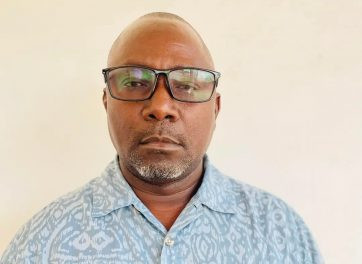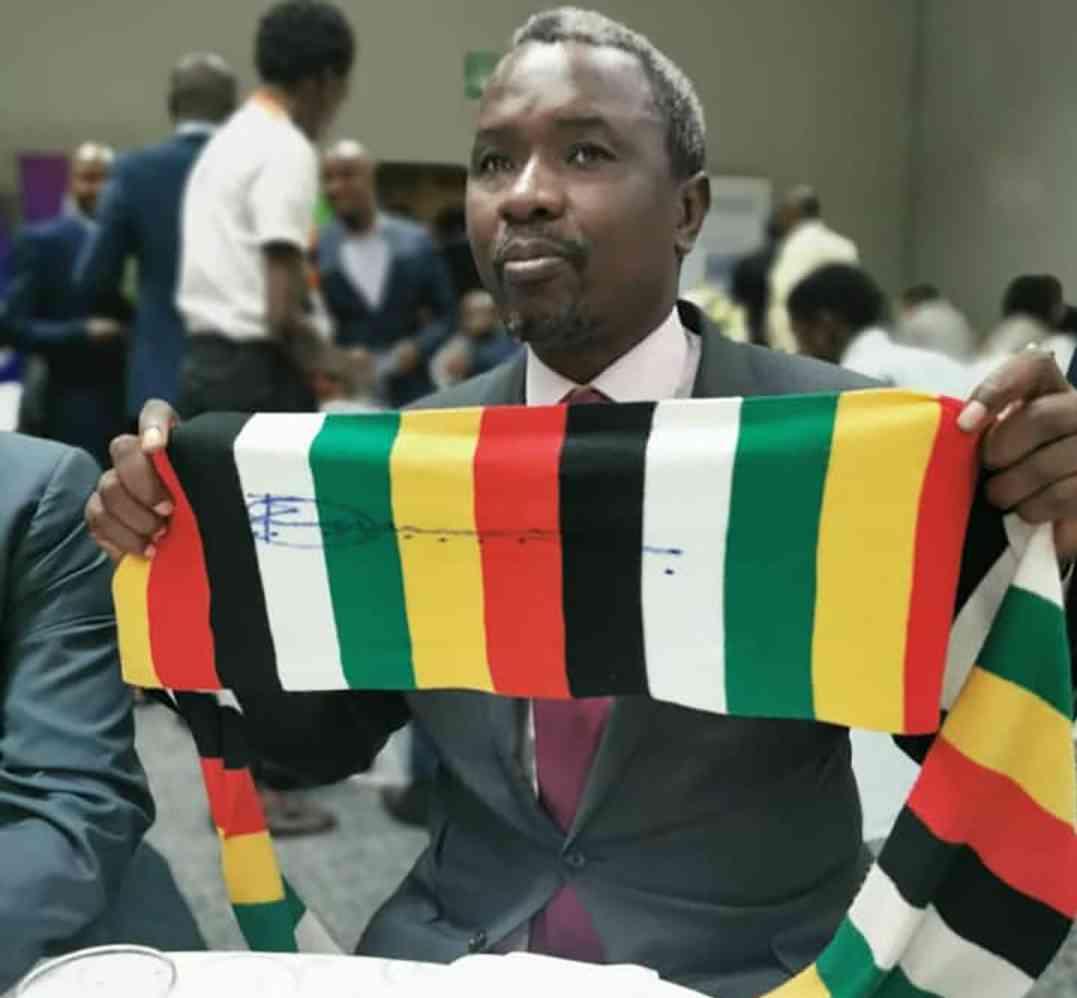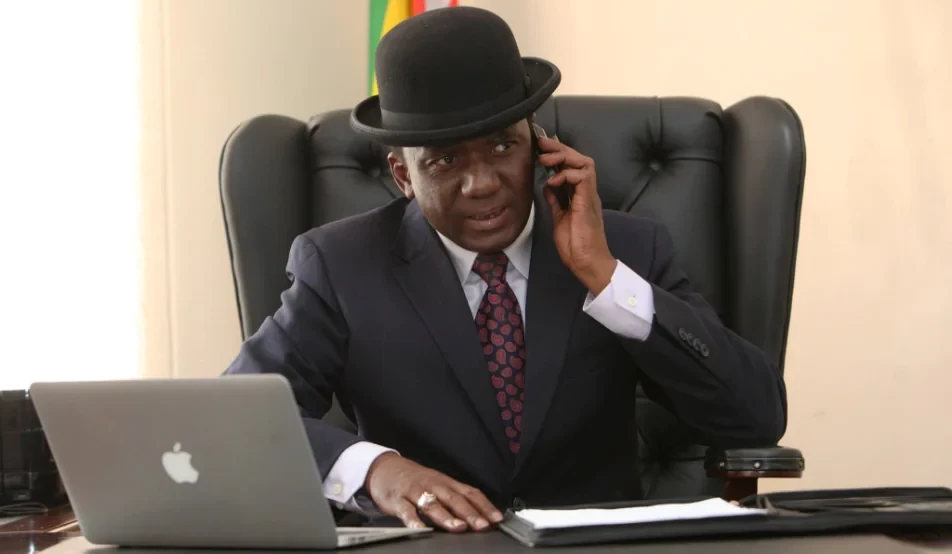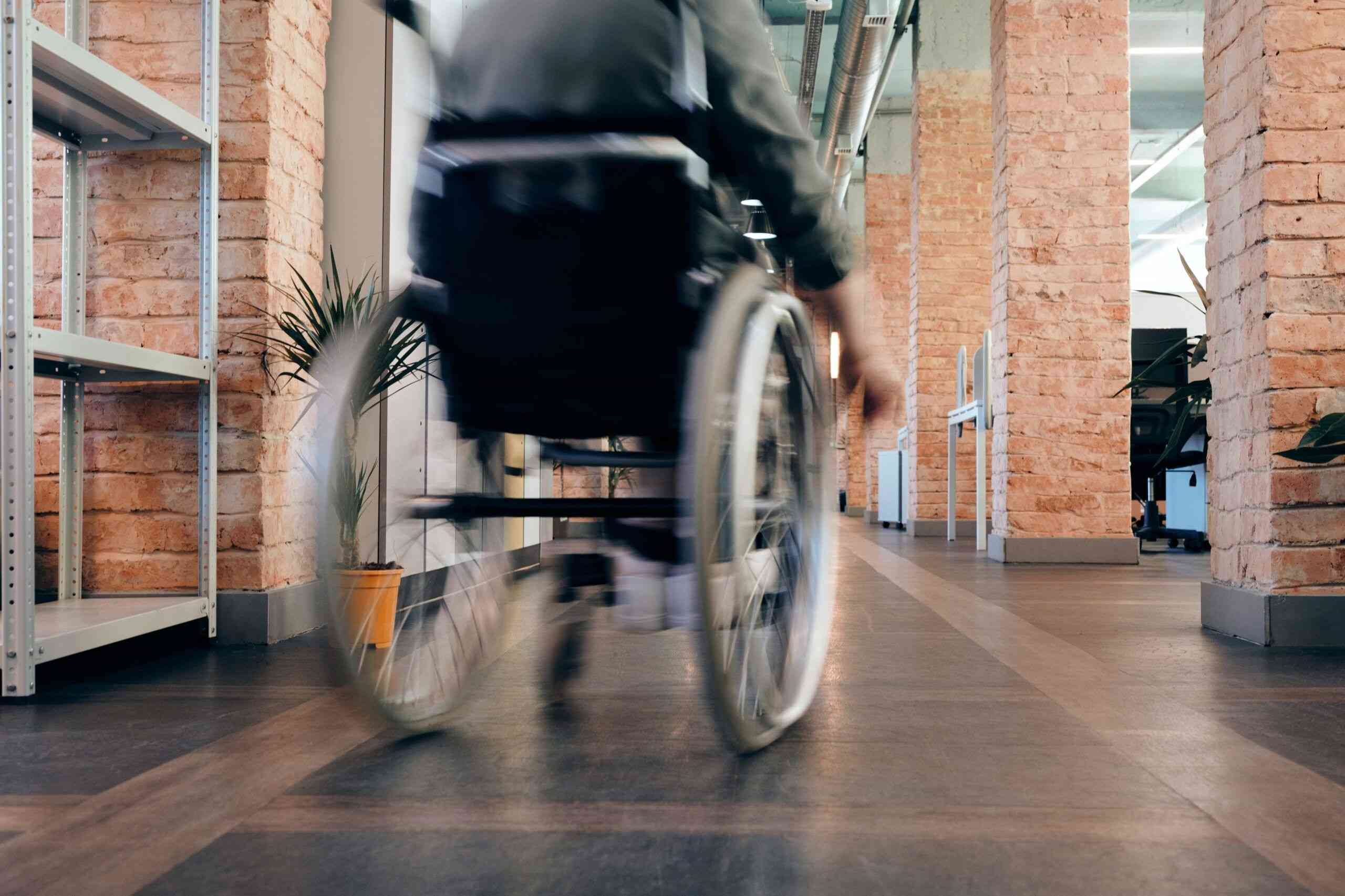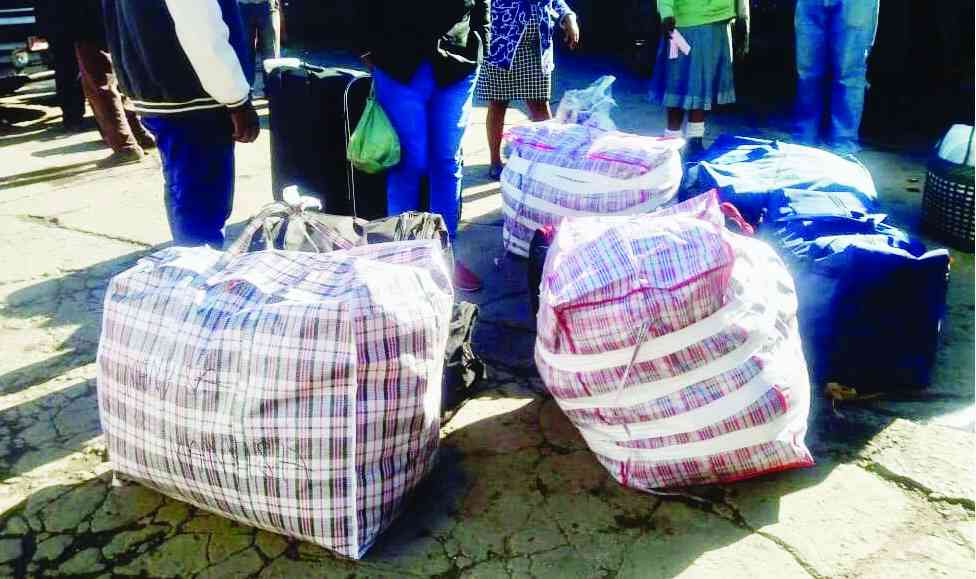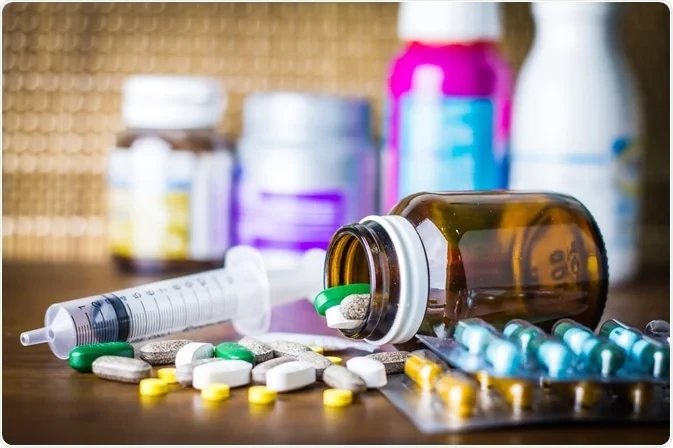
DRUG user support group, the Zimbabwe Civil Liberties and Drug Network (ZCLDN) has called for the decriminalisation of drug use and possession by amending various pieces of legislation.
Speaking on the sidelines of an event to commemorate World Drug Users Day in Mufakose, Harare, on Saturday last week, ZCLDN director Wilson Box, said institutional and legislative reforms were required to protect people who use drugs (PWUD).
This will, he argued, also ensure harm reduction, and treatment and rehabilitation for drug users is implemented without delay.
World Drug Users Day is commemorated annually on November 1.
“Zimbabwe Civil Liberties and Drug Network is particularly concerned about the limited access to healthcare treatment and services specifically for drug users and the criminalisation of possession of drugs for personal use in Zimbabwe,” Box said.
“As the Zimbabwean peak network for drug users, ZCLDN commemorates this day and promotes its observation by actively advocating for the human rights and welfare of PWUD through our programming. “The ZCLDN continues to actively interact, engage and impact the Zimbabwean drug users’ community and seek redress for challenges and barriers affecting PWUD.”
Over the years, law enforcement agencies have launched several initiatives to curtail the menace, including raids and roadblocks, but most of them have failed.
In 2021, President Emmerson Mnangagwa set up an inter-ministerial committee which came up with the Zimbabwe National Drug Master Plan (ZNDMP 2020 to 2025) and Treatment and Rehabilitation Guidelines of Alcohol and Substance Use Disorder of Zimbabwe. Progress and achievements made under the plan have not been made public.
- Critical Sadc HIV indaba underway in SA
- ‘Policymakers sleeping on duty’
- Media urged to be cautious on drug, substance abuse cases
- Criminalising drug use drives culprits underground
Keep Reading
Statistics compiled in 2021 by ZCLDN revealed that 60% of psychiatric admissions were due to drug abuse.
About 80% of these were people aged from 16 to 25 years, including schoolgirls.
“As it stands, 60% of patients admitted to mental health institutions suffer due to drug and substance abuse-related problems,” Health and Child Care ministry spokesperson, Donald Mujiri, said.
Medical and Dental Private Practitioners’ Association of Zimbabwe president Johannes Marisa called for the establishment of more rehabilitation centres as the country is grappling with the number of drug addicts in need of rehabilitation.
“Rehabilitation centres for drug addicts are quite a few in our country, and the private sector can play a significant role in establishing such centres,” he said. “It is difficult for an addict to abruptly stop drug abuse, hence the need for rehabilitation at secluded places.
UNAids executive director Winnie Byanyima said they were committed to supporting countries in their journey towards the decriminalisation of drug possession and to full-scale implementation of harm reduction programmes.
“UNAids calls for the full involvement of communities of people who use drugs in achieving legal reform aimed at decriminalisation and in the organisation of harm reduction programmes at country level,” she said.

